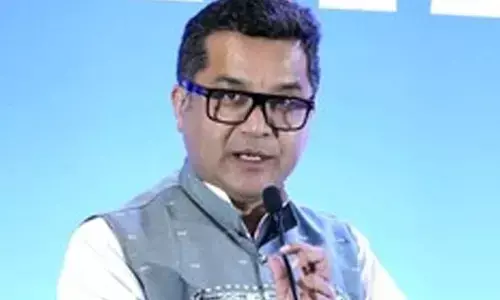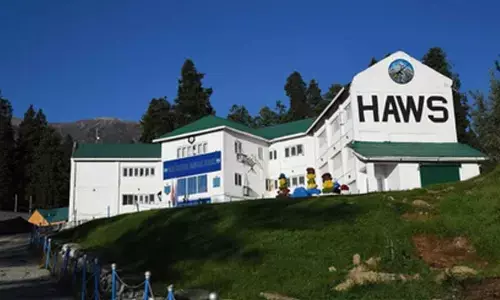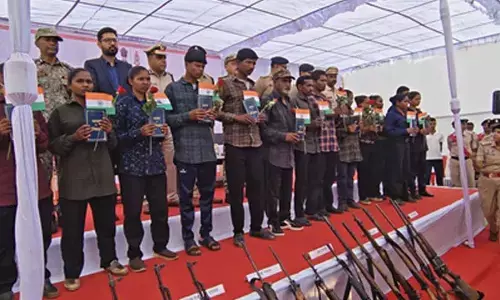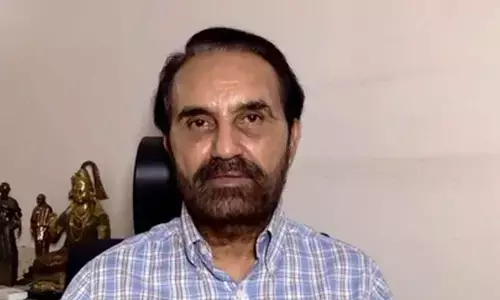Need to rein in usurious money lenders
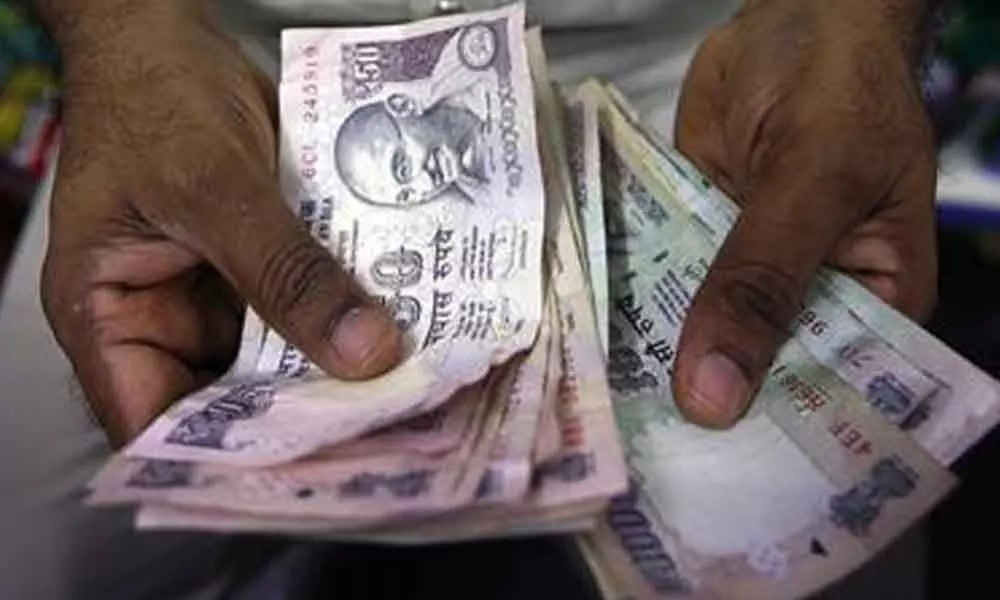
Representational image
Many women are forced into prostitution for not being able to pay back installments
Ongole: Bhanupriya is a 25-year-old woman and single parent from Chirala. Her family lost livelihood during the lockdown and consequent restrictions last year. Her infant son was hospitalised at the same time and she was left with no choice of but taking a loan of Rs 60,000 from a known private money lender at an interest of Rs 7 per Rs 100 per month.
As a woman struggling to meet ends, she was unable to pay at least the interest to the lender. Knowing that she was once a sex worker, the money lender demanded the money in an abusive language in front of others and threatens to take away all her possessions including utensils, for not paying the installment.
The story of 27-year-old Pushpa from Vijayawada is no different. Her husband pushed her into prostitution to repay his loans and everyone in the family benefitted from her as the sex worker. After the rescue by the police under the ITPA case and spending time in a shelter, she found that her husband deserted her and her children. She had also taken loans from the private lenders to live during the lockdown and she failed to repay them as there were no customers.
Bhanupriya and Pushpa are just two people among hundreds of sex workers who lost their income and became target of the money lenders who demand higher interest. The NGOs—HELP and Tafteesh—conducted a survey of 150 sex workers from Krishna, Guntur and Prakasam districts and 99 of them confessed that they were struggling in the quicksand called debt. A similar survey was done by a group of NGOs like GGBK, HELP, PAT and Sanjog revealed that 59 per cent of the respondents have taken loans for survival during the lockdown and the interest rate for the majority of them is between Rs 5 to 20 per cent per month. Loans from private persons are the main reason for human trafficking in the country and the debtors are prone to become bonded labour or sex workers at a far distance from the families.
In Andhra Pradesh during 2015, there was uproar over the heinous deeds of the private money lenders. The government repealed the Andhra Pradesh Debtors Protection Act, 1934 which restricted the simple interest per annum at 9 per cent for secured and 15 per cent for unsecured loans, by using the Andhra Pradesh Acts and Regulations (Repeal) Act, just to pass Andhra Pradesh Money Lenders Bill, 2017. But, no one showed any interest in persuading the Union government to get presidential assent for the Bill to become an Act and prosecute the money lenders who demand higher interests on the loans.
Vimukti, a trafficking victims collective and HELP are demanding the government of Andhra Pradesh to formulate new legislation, the Money Lenders Regulation and Debtors Protection Act, for protecting the debtors from becoming victims of human trafficking for sexual exploitation and bonded labour.
Secretary of HELP Nimmaraju Rammohan Rao said that debt can be used to leverage control over individuals even with deception and fraud and the victims can be forced to work in order to settle their debts.
The human traffickers prey on their vulnerability. As a result, the victims are being forced into risky financial and personal situations. The economic impact of Covid 19 is worse and many debtors are prone to become victims of the traffickers. Rammohan demanded the anti-human trafficking units to plunge into action in each district, gather intelligence on trafficking, money lenders including the spurious apps. He advised the government to help NGOs to form self-help groups for sex workers across the State and facilitate their access to banks and credit to help them deal with poverty and strengthen alternative livelihood.
As the World Day against Trafficking in Persons is being observed, the government should take necessary steps to draft a tough law to regulate money lenders and protect victims.





